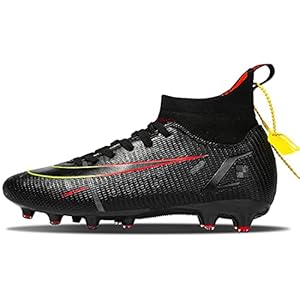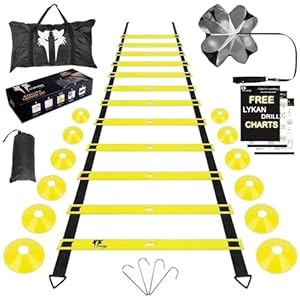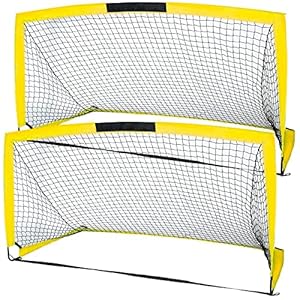With the recent announcement about the change in registration cut off for soccer teams registering under US Club Soccer, U.S. Youth Soccer and AYSO moving from January 1 to September 1, there has been a lot of discussion about Relative Age Effect. How will the shift in registration cut off dates impact the players? While there will be changes in team makeup based on birthdates when this goes into effect in the Fall of 2026, these changes will shift the RAE cut off and players who were once the oldest players in the age group will then be some of the youngest.
Read our article from last Fall about the conversation around school year age grouping here.
Simply put, Relative Age Effect is the result of having a date cut off that indicates which team your child will play on.
This cut off leads to a yearlong span of players at varying levels of growth and maturation on the same team. Children who are born earlier in the selection period tend to have a developmental advantage over those born later in the selection period. Compounding the chronological age difference spanning over one year, is the biological age differences of children growing at different times. When you consider early and late developers during puberty, you could be sitting on the sidelines watching a game with 12-year-olds and see kids that have the same chronological age but biological age differences spanning 2-4 years!
It’s important coaches are aware of the phenomenon of RAE (relative age effect) when players are selected for teams, so they are thoughtful about their possible selection bias towards the biologically more advanced children who are maybe stronger, bigger, and more coordinated. Opportunities must be provided for all players to learn and compete, not just the ones born closer towards the cut off who have had, for example, ten more months to mature and develop compared to other players trying out for the same team.
Additionally, it’s important for parents to be aware of the phenomenon of RAE as we seek to support our child along their soccer playing journey as this brings an important layer of science and reasoning to our parental understanding of our child’s experience.
Considerations for parents of the late developer.
- Encourage your child to stick with sport even if they appear to be “behind” the other players, are not selected for a team they want to be on, or if they feel disadvantaged due to their physical size.
- Late developers are presented with incredible opportunities to develop grit, determination and emotional toughness and these mental attributes will take them far in life and sport.
- Keep in mind your child is going to have a decreased training readiness compared to their teammates because their body will be experiencing more stress when they play. It’s important you help your child maximize recovery by ensuring they have the proper sleep and nutrition to aid in recovery.
Considerations for parents of the early developer.
- Make sure your child is developing their technical skills, not just using their physical dominance to compete. As many of their teammates eventually catch up to them, physical dominance will not necessarily always be an advantage.
- As a child experiences a growth spurt there is a tendency towards clumsiness, a lack of coordination, and a drop off in speed. If your child is the first on the team to go through this, it can seem especially stressful to watch. Rest assured; things will level out! Encourage your child to stick with it.
- Consider advocating for your child to sometimes practice and compete with chronologically older players who more match them physically so they are more likely to develop.
When I am working with a group of parents and tell them about RAE, I can see “ah-ha” moments happening as a sudden realization and understanding comes over parents related to their child. There are thousands of factors that will influence our child’s future in sport. As parents, gaining important understanding about our child’s developmental position within the span of the team can help us support them and make the best decisions for them along the way.











